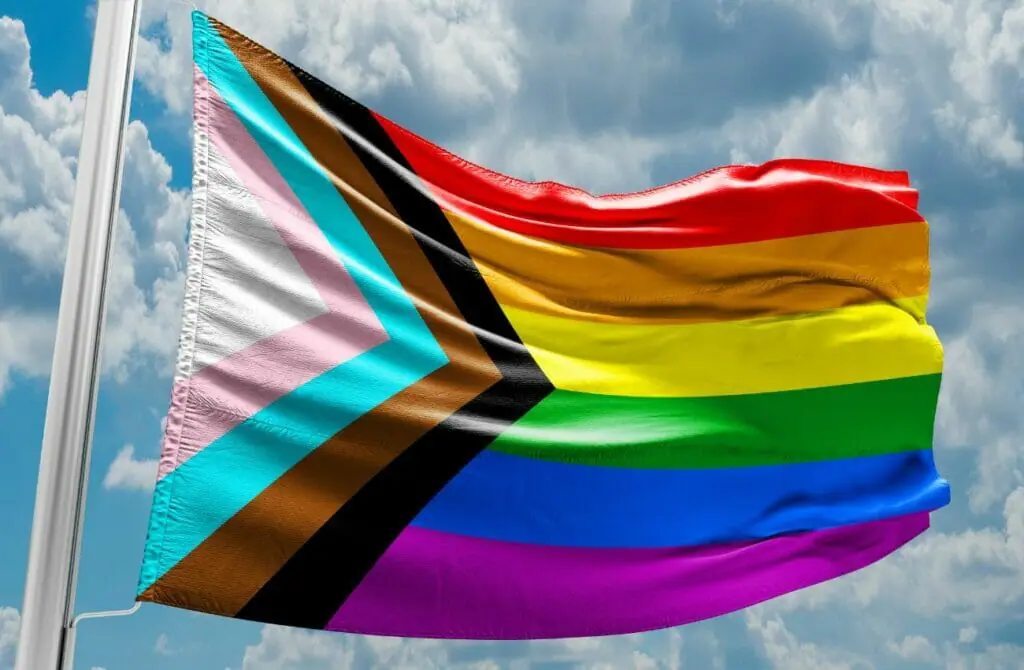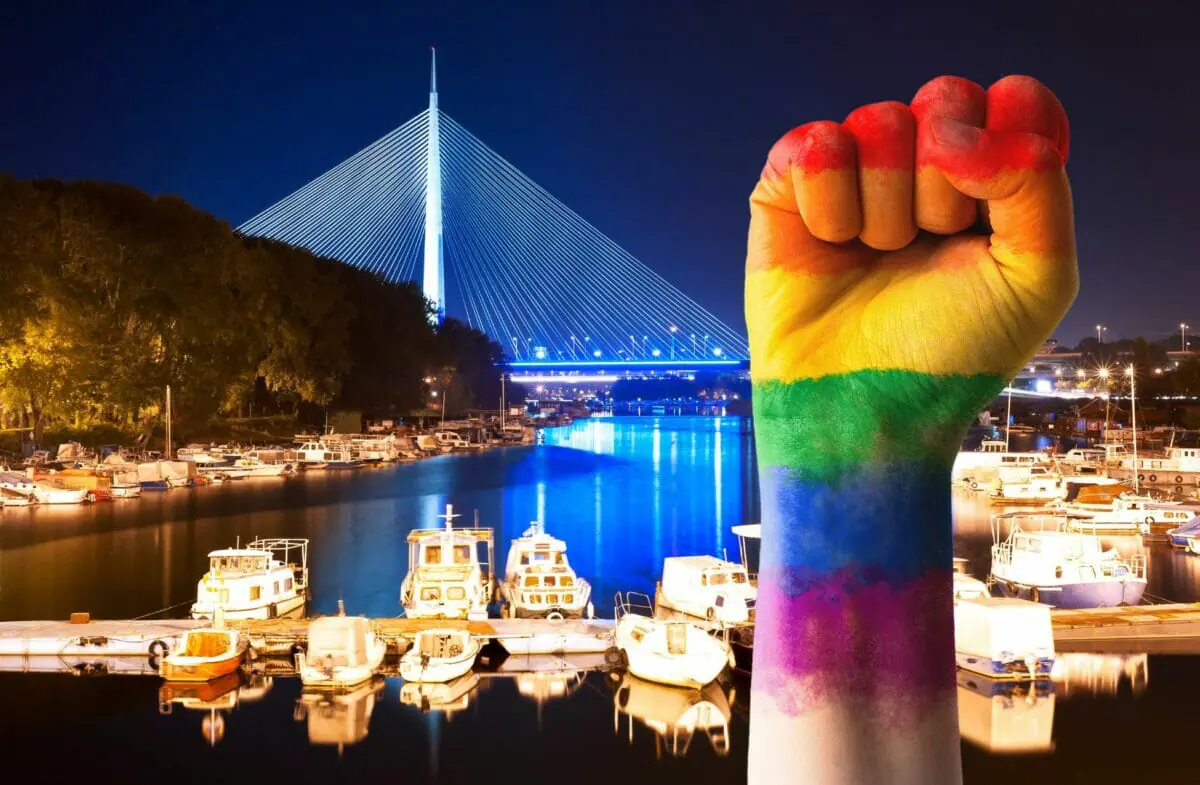LGBT rights in Serbia have significantly improved over the years, but challenges remain for both locals and tourists alike. With legal same-sex activity and discrimination protection in areas such as employment, education, and housing, strides have certainly been made.
However, incidents of violence and social stigma continue to persist, highlighting the importance of remaining vigilant and informed about the evolving landscape of LGBT rights in the country.
To navigate this complex environment successfully, it’s crucial to stay updated with the latest information and seek advice from relevant advocacy groups where possible. Organizations such as the Center for Family Accommodation and Adoption Belgrade and Labris – Lesbian Human Rights Organization serve as valuable resources. While the situation can change rapidly, staying knowledgeable about current events and developments will help in making informed decisions when visiting or living in Serbia.
For both locals and tourists, it’s essential to remain cautious and mindful of the potential risks and negative attitudes that may still be present in some areas. By taking precautionary measures, seeking support from local LGBT advocacy groups when necessary, and staying informed about the current situation, everyone can do their part in fostering a more inclusive and accepting environment in Serbia.
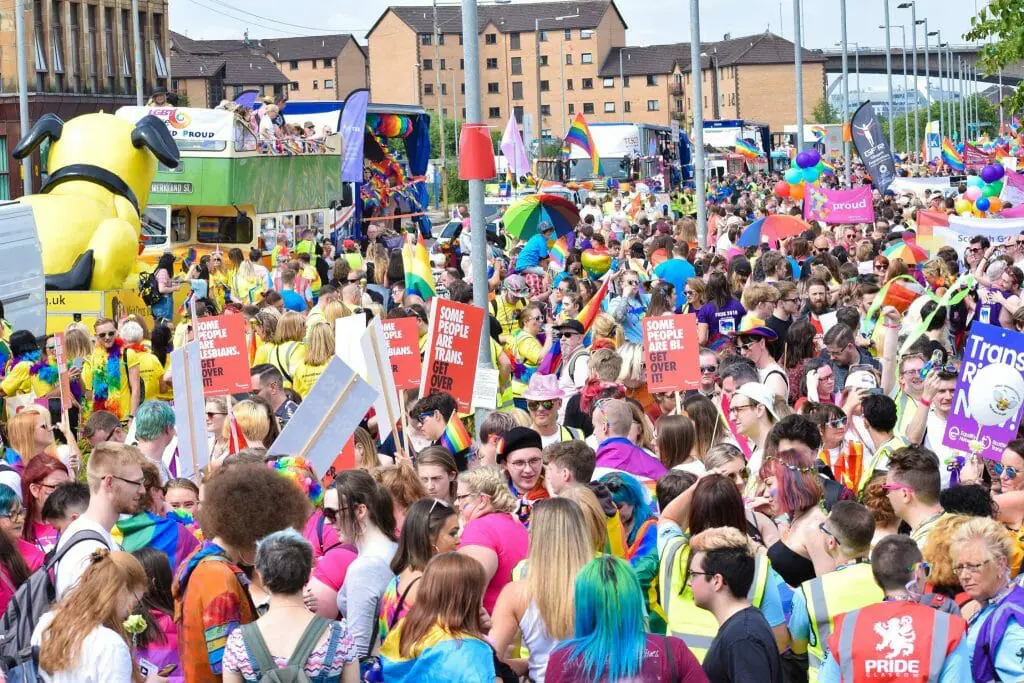
History Of LGBT Rights In Serbia
The journey towards LGBT rights in Serbia has been a challenging one, with many milestones marking the way. Homosexuality was first criminalized in 1860 during various regimes, but progress was made in 1977 when the Socialist Autonomous Province of Vojvodina decriminalized it. Fast-forward to 2009, Serbia adopted its first anti-discrimination law that explicitly mentioned sexual orientation and gender identity.
While there have been laws and measures passed to criminalize discrimination, violent acts, and hate speech based on Sexual Orientation and Gender Identity (SOGI), LGBT individuals in Serbia continue to fight for their rights to lead a normal life. It is important to note that the situation can change quickly, and information can be out of date. It is always essential to seek current advice before traveling.
For local people, the struggle for LGBT rights and acceptance has led to various events and initiatives geared toward raising awareness and fostering understanding. One significant marker in this journey was the first Pride Parade held in 2010, demonstrating a growing movement for LGBT rights in Serbia.
On the other hand, tourists should be aware of the local context and remain vigilant, as there are always bad actors in every country. If necessary, steps can be taken to protect oneself, such as being cautious with personal information and staying informed about current situations and events.
Numerous LGBT advocacy groups support this ongoing struggle for rights and acceptance in Serbia. These organizations can provide valuable resources and support for both local people and tourists who may need assistance navigating the unique challenges that LGBT individuals face in Serbia.
So, let’s celebrate the progress made while also recognizing the ongoing fight for equal rights and acceptance for the LGBT community in Serbia. Remember always to remain vigilant and informed, as situations can change rapidly, and ensuring your safety and well-being is paramount.
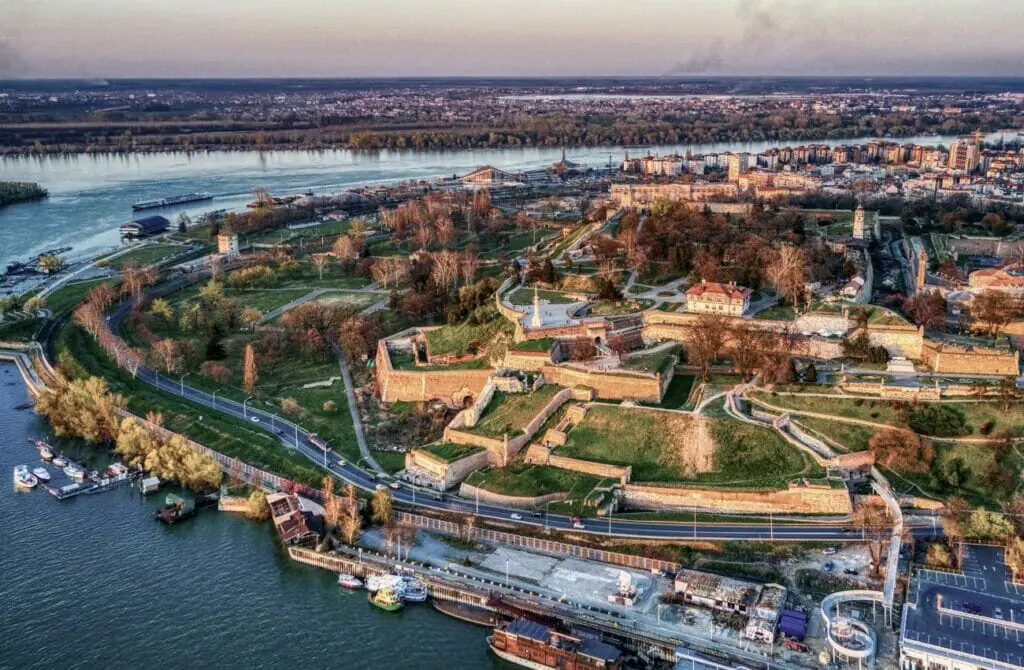
The LGBT Legal Situation In Serbia
Serbia has made progress in recent years when it comes to LGBT rights. Both male and female same-sex sexual activity is legal, and discrimination on the basis of sexual orientation in areas such as employment, education, media, and the provision of goods and services, among others, is banned. However, it is important to note that same-sex marriages are still not recognized in the country. The Constitution explicitly defines marriage as being between a man and a woman.
Despite the legal protections in place, it is crucial to understand the situation for locals and tourists may vary. While the general environment is becoming more accepting, it is essential to remain vigilant and cautious, as bad actors are present in every country.
For those who need support or assistance while in Serbia, there are LGBT advocacy groups that can help. They are well-versed in the current situation and can provide up-to-date information. It is important to be aware that the situation can change rapidly, and it is vital to seek current advice before traveling to ensure your safety and well-being.
In conclusion, although Serbia has taken steps forward in terms of LGBT rights, it’s necessary to be cautious and informed about the current situation. Be sure to stay up-to-date with the latest information and connect with the appropriate advocacy groups to ensure a safe and enjoyable experience.
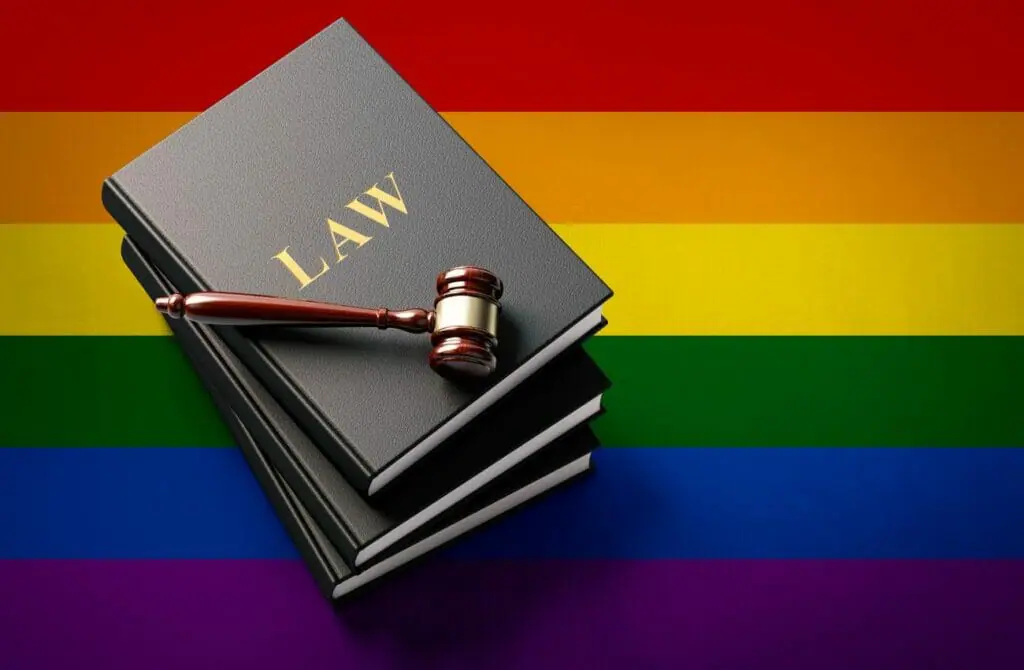

The LGBT Social Situation In Serbia
Serbia has made some progress in recent years when it comes to LGBT rights. In 2021, ILGA-Europe ranked the country 23rd out of 49 European countries in terms of LGBT rights. This progress can be seen in Serbia with an openly gay Prime Minister, Ana Brnabić, who took office in June 2017. However, there is still work to be done, and being LGBTI in Serbia can present challenges.
For local people, laws have been passed that criminalize discrimination, violent acts, and hate speech based on sexual orientation and gender identity (SOGI). While these laws are a step forward, more needs to be done to ensure that LGBT rights are fully recognized and that the community feels protected.
Tourists may have slightly different experiences while visiting Serbia. It is important to stay up to date with the current policies and to seek advice before traveling. It’s good to remember that situations can change quickly, and it is always wise to remain vigilant during your visit.
In case you need support or protection while in Serbia, there are several LGBT advocacy groups that promote and fight for equal rights. Connecting with these organizations can be helpful, especially in staying informed about the current social climate.
Remember, it is crucial to stay aware of the prevailing situation, whether you are a local or a tourist. Laws and social attitudes can change rapidly, so always verify the current status of LGBT rights and protections in Serbia before taking any actions or planning a visit.
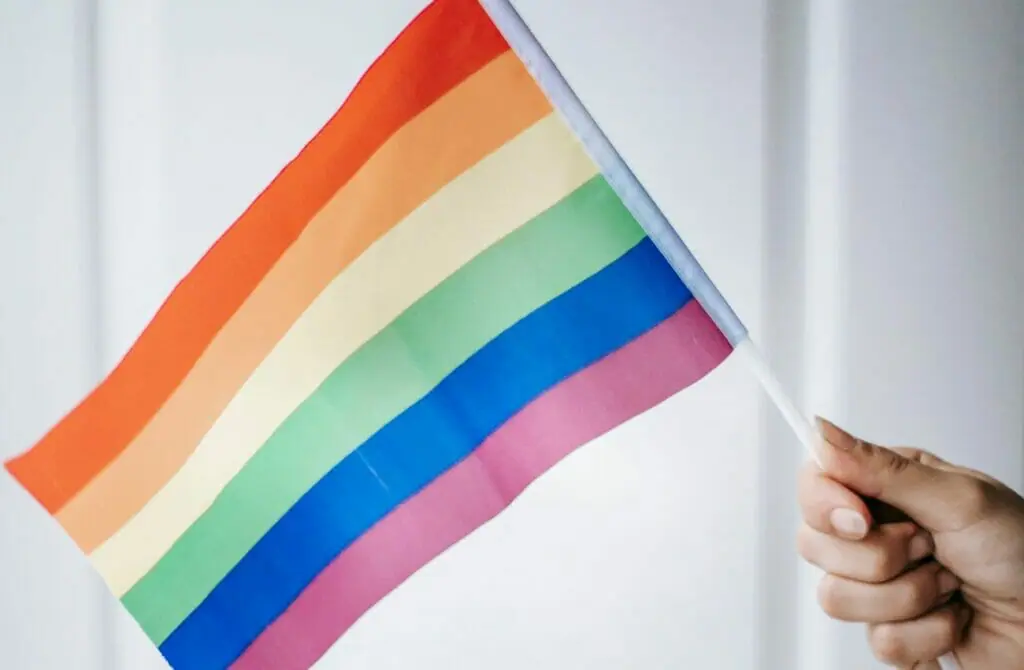
Trans Rights In Serbia
Serbia has made progress in recent years when it comes to LGBT rights, particularly for transgender individuals. In 2009, the country adopted its first anti-discrimination law that explicitly mentions sexual orientation and gender identity. Changing one’s legal gender is allowed without the requirement of surgery. However, non-binary gender recognition is not legally recognized yet.
While these advancements in legislation are a positive step, it is essential to keep in mind that the situation on the ground can change quickly. Public opinion about transgender people and their rights still varies, with some people holding conservative views. Therefore, both local people and tourists should remain vigilant and cautious.
In case of potential harassment or discrimination, it’s a good idea to be aware of LGBT advocacy groups that operate in Serbia. Organizations such as the Gay Straight Alliance and Da Se Zna work to promote LGBT rights, offer support, and provide up-to-date information.
As a visitor, it is always advisable to seek current advice before traveling. Situations can change fast, and information can become outdated, so staying informed on the most recent updates is crucial.
On a more optimistic note, there is a growing acceptance of transgender rights among the general population in Serbia. This progress serves as a positive reminder of the continuous effort put forth by local activists and advocacy groups to improve the lives of transgender people in the country.
So, while the excitement of exploring Serbia is warranted, it is important to stay informed, cautious, and vigilant. The combination of staying updated, connecting with local LGBT organizations, and being aware of potential environmental changes will ensure a safe and enjoyable experience for everyone.
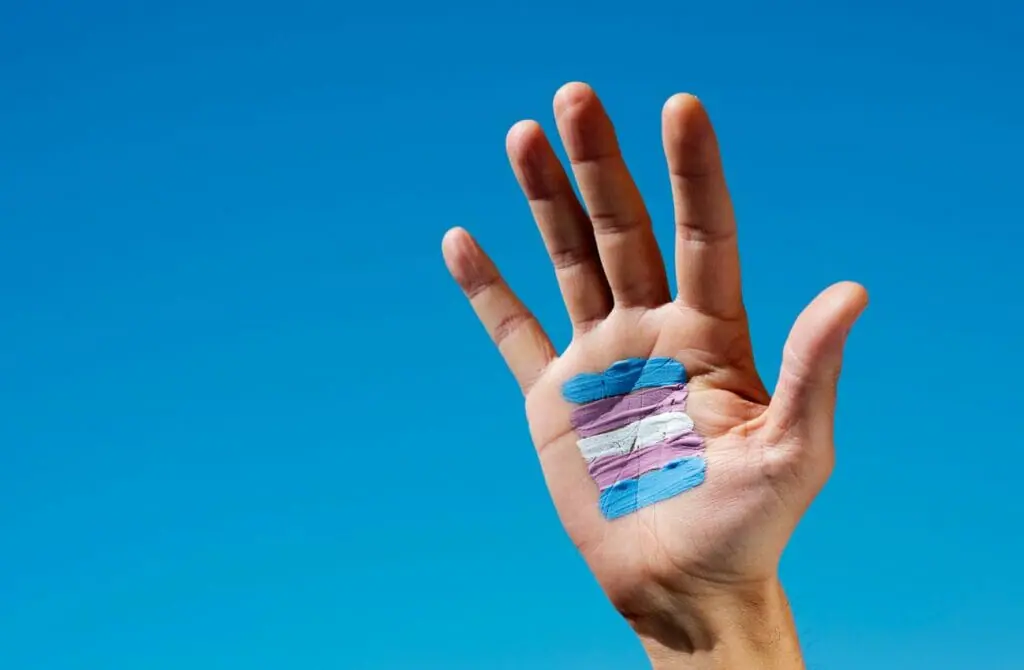

The Future For The Queer Community In Serbia
As Serbia continues to grow and develop in terms of LGBT rights, the future appears increasingly positive. Significant developments have occurred in recent years, such as the election of Ana Brnabić, the first openly gay Prime Minister of Serbia, and the introduction of legislation to regulate same-sex civil partnerships. These steps demonstrate the country’s commitment to progress and inclusion.
While locals and tourists both experience the evolving landscape of LGBT rights in Serbia, it is important to be aware of the potential challenges. Although public opinion on same-sex unions is growing more favorable, travelers should remain vigilant and exercise caution when navigating unfamiliar territory. Since the situation can change quickly and information may become outdated, staying current on current events and advice is crucial before embarking on any journey.
Visitors should take measures to ensure their safety and well-being, such as researching accommodations that are known to be LGBT-friendly and avoiding public displays of affection in areas where it might not be well-received. By erring on caution and being mindful of one’s surroundings, travelers can make the most of their experiences while staying safe.
In addition to being informed about the current status of LGBT rights in Serbia, it’s essential to be aware of relevant advocacy groups working to create a more inclusive society. Organizations such as Civil Rights Defenders and the ILGA-Europe can provide valuable information, resources, and support for both locals and tourists navigating the country’s evolving landscape of LGBT rights.
With the excitement of change on the horizon, the future of Serbia’s LGBTQ community holds promise for a more inclusive and welcoming society. While challenges still remain, progress is being made, and the tides are steadily shifting in favor of equality and acceptance.
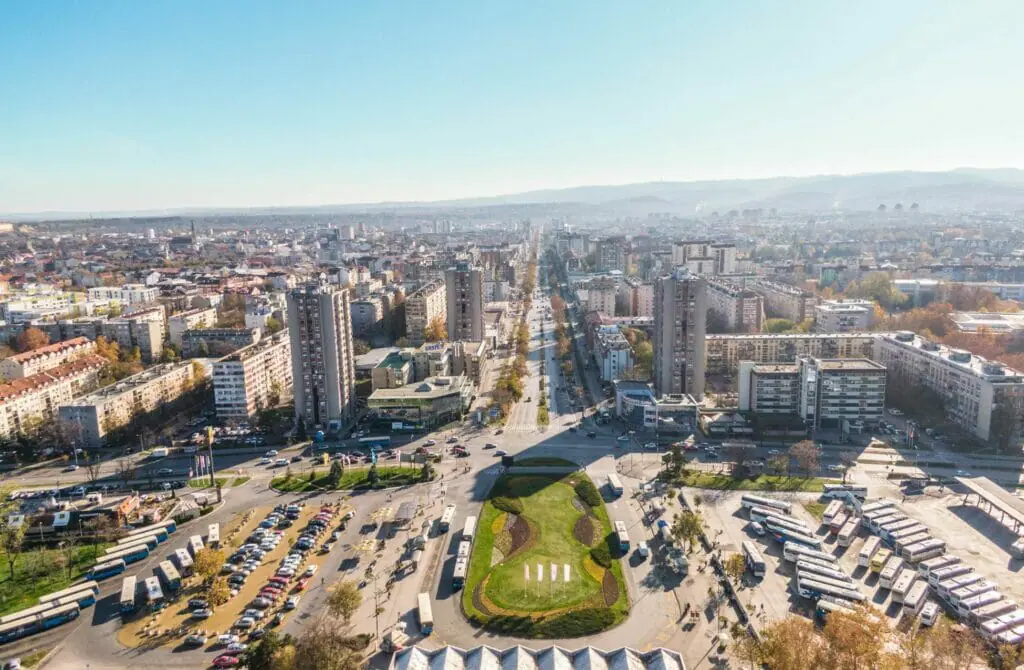
Protect Yourself While Travelling In Gay Serbia
LGBT rights in Serbia have improved significantly in recent years, with both male and female same-sex sexual activity being legal and discrimination on the basis of sexual orientation banned in various areas such as employment, education, media, and the provision of goods and services. However, it is essential to remain cautious and vigilant, as situations can change rapidly, and bad actors can be present in any country.
Visitors to Serbia, including tourists, should familiarize themselves with local laws and customs before traveling. Staying informed about the current political and social climate is crucial, as it can vary from region to region. Seeking advice and guidance from reputable sources and LGBT advocacy groups, such as the United Nations in Serbia, is an excellent way to stay up-to-date on potential issues.
While protections exist, it’s crucial to exercise caution in public spaces, particularly when expressing affection or discussing your sexual orientation. Although Serbian society has shown progress in its acceptance of the LGBT community, incidents of hate crimes and discrimination may still occur. One way to protect yourself is to be mindful of your surroundings and avoid heated discussions on sensitive topics, especially with strangers.
When it comes to protecting yourself, staying in touch with fellow travelers or friends in the LGBT community can provide a sense of security. They can offer tips on safe spaces, nightlife, and other relevant experiences that could enrich your visit to Serbia. Reach out to local LGBT advocacy groups and organizations, which may facilitate valuable connections and provide a support network during your stay.
Finally, remember that information can become outdated quickly, so seeking current advice before making travel plans is essential. Stay excited, informed, and cautious on your journey, and enjoy the rich culture and beauty Serbia has to offer.
